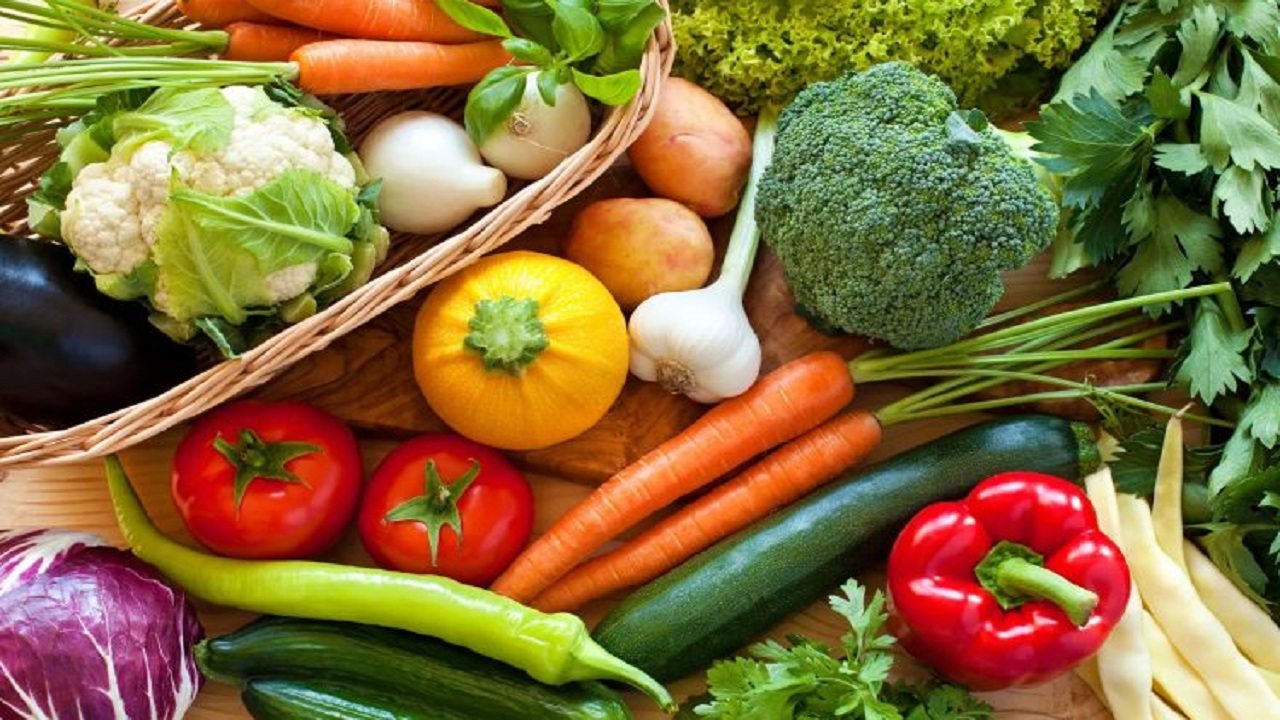Global Courant 2023-06-01 01:56:24
Nutrition, sunscreen and lifestyle are part of the arsenal needed to be protected from harmful rays.
AgroWeb.org experts are of the opinion that protection from the sun can be very natural, especially if you consume fruits and vegetables rich in antioxidants, which are able to prevent damage caused by the sun, both outside and inside the body.
Carotenoids. They are pigments found in many vegetables and fruits with yellow, red and orange colors. Plant carotenoids provide protection against excessive sunlight. Internal and external uses of carotenoids protect the skin from damage caused by Ultra Violet rays.
The most commonly heard of carotenoids are beta carotene and lycopene. Clinical studies have shown that they reduce the skin’s sensitivity to UV rays and provide protection against sun damage.
Beta carotene. Regular consumption of beta carotene supplements for at least 10 weeks has been shown to protect the skin from sunburn. Numerous studies have shown that the application of beta carotene to the skin (instead of supplements) plays a protective role, however this role is inferior compared to carotenoids obtained from food. The continuous regeneration of skin layers makes the need for carotenoids greater and more continuous than partial application to the skin.
Lycopene. It is found in significant amounts in tomatoes. Regular consumption for at least 10 to 12 weeks protects the skin from the sun. Tomato sauce (homemade) is a rich source of lycopene and is often used as a supplement in many clinical studies. Other antioxidants including fatty acids and green tea help protect the skin from the sun.
Omega-3 fatty acids can reduce the severity of sun damage. A study showed that consuming Omega 3 fatty acids from food slowed skin aging caused by the sun. High doses of eicosapentaenoic acid, part of Omega 3, increases the skin’s tolerance to UV radiation. Applying this acid to the skin has some protective effects, but its levels rise significantly if taken from food.
Skin applications of vitamin E and C. Studies have shown that skin products containing 1 to 2.5 percent vitamin E and 5 to 15 percent vitamin C help protect the skin from damage caused by exposure to rays. UV. Some cosmetic companies have begun adding such antioxidants to sunscreens.
Green tea. The catechins in green tea play a protective role against the sun, according to scientists. One study found that using catechin supplements for 12 weeks significantly reduced the harmful impact of UV radiation. Skin applications are also beneficial. One study concluded that if sunscreens contained green tea ingredients, they offered higher protection.
10 foods for sun protection
Tomatoes Watermelon Carrots Red peppers Sweet potatoes Herbs Green tea Fruits, especially strawberries, kiwis and oranges Salmon Nuts and seeds./AgroWeb.org
Global Courantl







